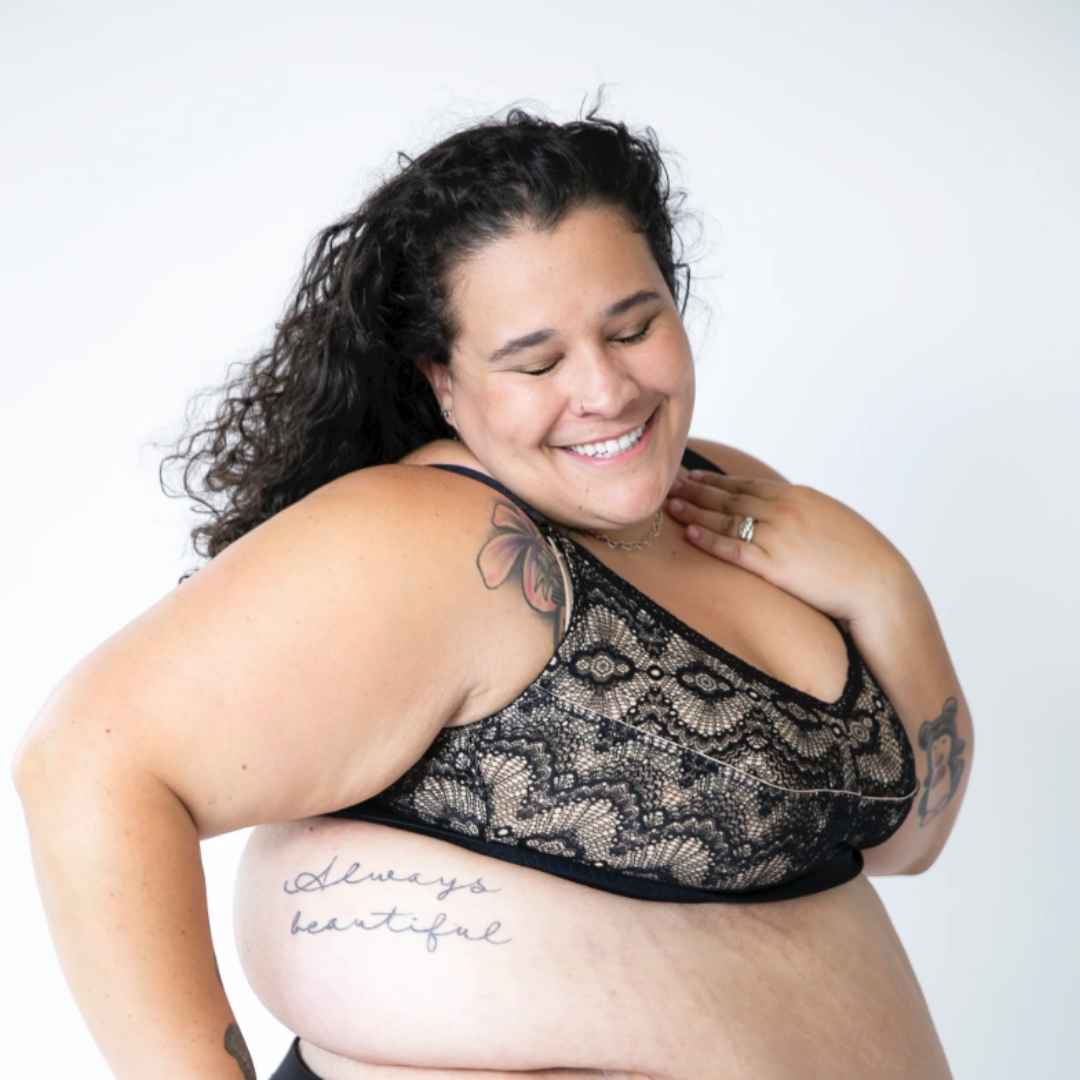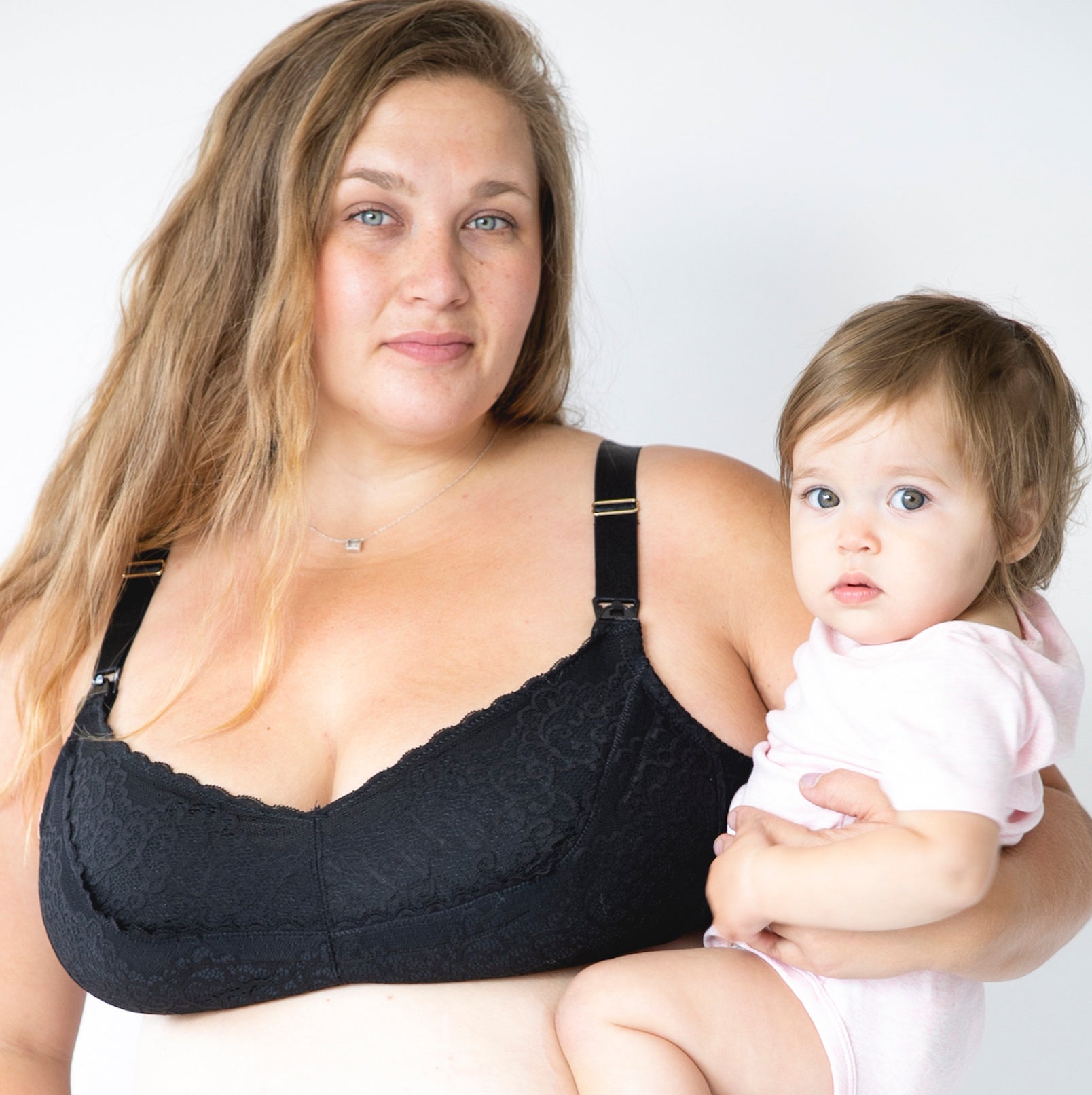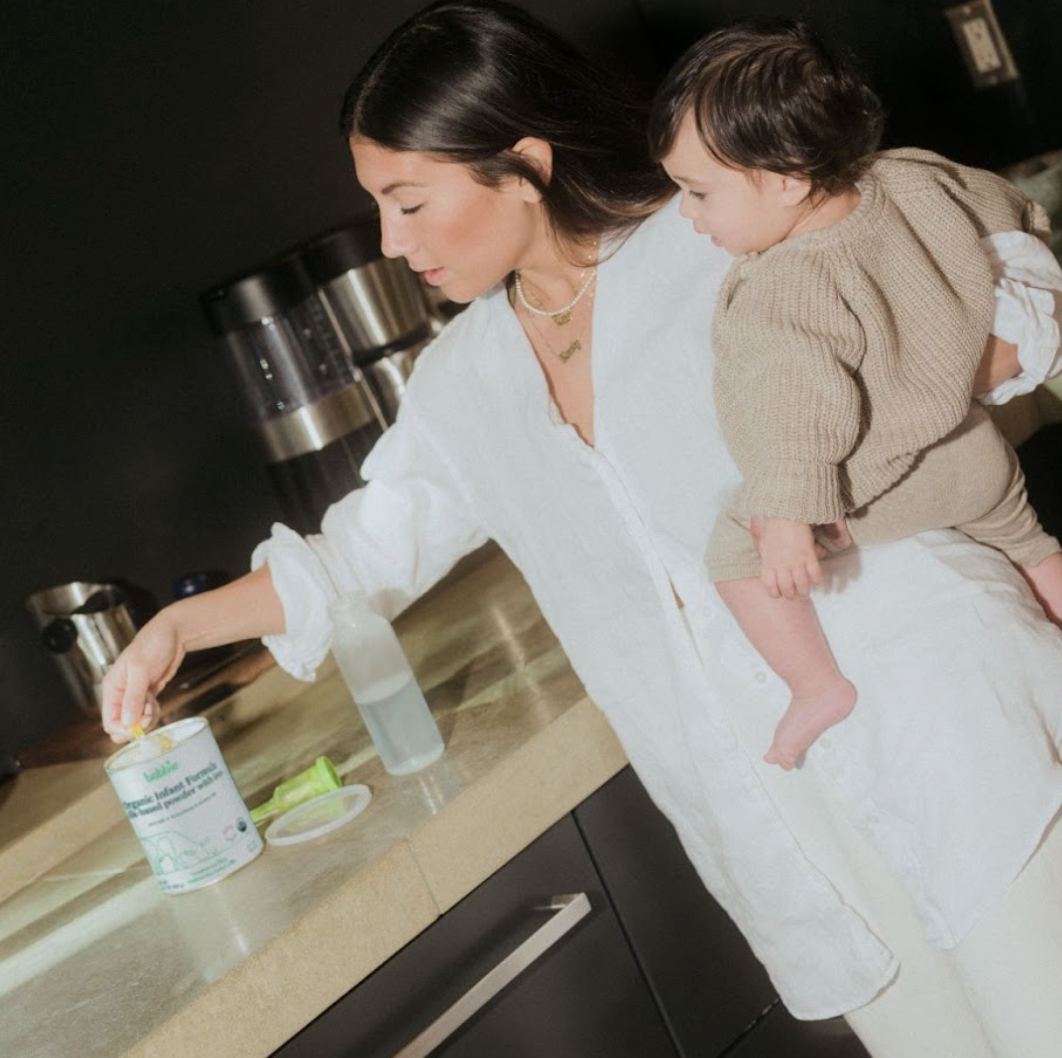Navigating Secondary Infertility: Understanding Causes and Finding Support for Your Fertility Journey
If you were able to conceive your first child fairly quickly and without intervention, you may think it will be simple to get pregnant again. However, secondary infertility impacts around 11% of couples in the US. If this is something you’re facing, it’s important to know that you’re not alone and that there are resources available to support your journey to another child.
What is secondary infertility?
Secondary infertility is defined as difficulty conceiving or staying pregnant after previously giving birth without any fertility intervention (like medication or IVF). If you conceived naturally for your first birth and haven’t been able to get or stay pregnant after 6 - 12 months of trying, you may be diagnosed with secondary infertility.
Causes of Secondary Infertility
While many factors contribute to fertility issues, these are some of the most common reasons a couple may struggle to conceive.
- Age: As men and women age, the quantity and quality of their eggs and sperm tend to decline.
- Changes in Reproductive Health: Certain conditions like endometriosis, PCOS, and fibroids can worsen over time, making it more difficult to get and stay pregnant.
- Lifestyle & Environmental Factors: Stress, lack of exercise, a poor diet, and exposure to environmental toxins (think harsh cleaning supplies, beauty products, pesticides) can all impact both male and female fertility.
Resources & Support for Secondary Infertility
While fertility issues are very real, many barriers to conception can be overcome with the right plan and support system. As an internationally certified fertility coach, this is what I recommend if you’re facing a fertility journey:
- Build a Strong Fertility Team: A fertility team (not just a fertility doctor!) acts as stepping stones along the road to parenthood - each playing a different role in supporting whatever path you may take. Your team can include your OB/GYN, a fertility coach, reproductive endocrinologist, functional doctor, acupuncturist, herbalist, chiropractor, dietician, and naturopath. Keep in mind, not every specialist is necessary for every person on a fertility journey, but I think it’s important to know what’s out there and how they can help!
- Focus on a Nourishing Diet: Eating real, whole foods and maintaining balanced blood sugar are vital to your hormones and fertility. I recommend a low glycemic diet that’s packed with fiber, high quality protein, zinc, and omega 3s. To keep your blood sugar in check, be sure to include protein and healthy fat with all of your meals and snacks. For some meal inspiration, grab my free guide for a day of hormone friendly meals and snacks here!
- Reduce Toxins: Research tells us that toxins in our environment can directly impact hormones and fertility. You’ve likely heard of endocrine disruptors like BPA and phthalates, but there are many others. I recommend reducing your toxic load by making some easy swaps in your home and lifestyle. For tips on how to make these swaps without feeling overwhelmed, head over to this blog here!
- Practice Mindfulness: People walking through a fertility journey have comparable stress levels to those of a cancer patient (according to research from the Mayo Clinic). I dedicate a whole section of the Fertility Coach Academy to Stress & Fertility - it’s that important to the coaching I do. Stress and adrenal fatigue are real barriers to a positive pregnancy test. I recommend incorporating gentle movement, meditation/breathwork, gratitude journaling, and affirmations into your daily routine.
If making these changes feels daunting, I want to encourage you to reframe the process and think of each small shift as a new way of loving and supporting your body. That perspective keeps the whole journey feeling positive and exciting rather than difficult and even impossible. Mindset is everything!
If you’re looking for more resources and support, hop over to ElizabethKing.com and follow along on Instagram. Be sure to say hello, and don’t hesitate to reach out if you have questions!








Leave a comment
All comments are moderated before being published.
This site is protected by hCaptcha and the hCaptcha Privacy Policy and Terms of Service apply.